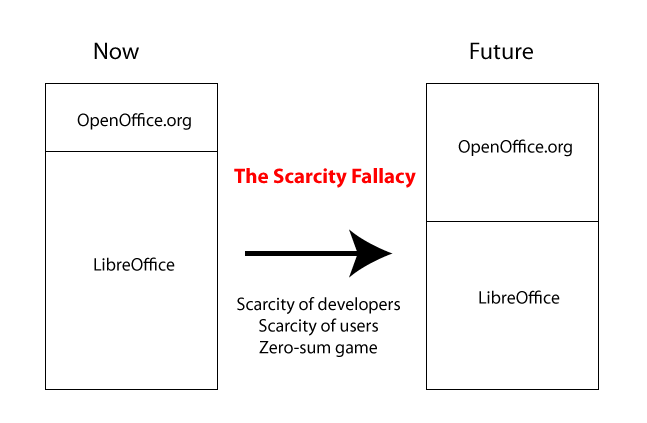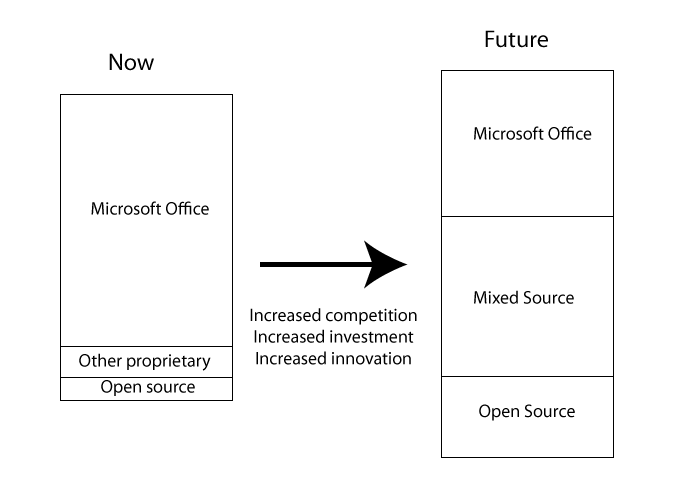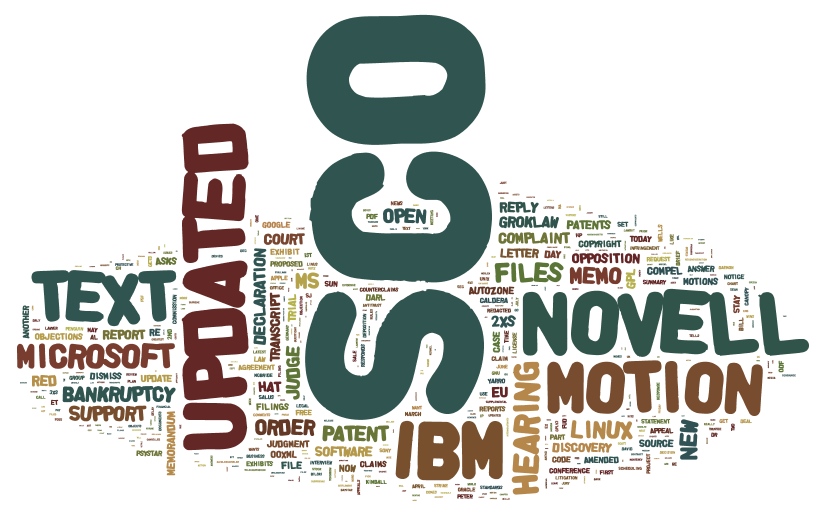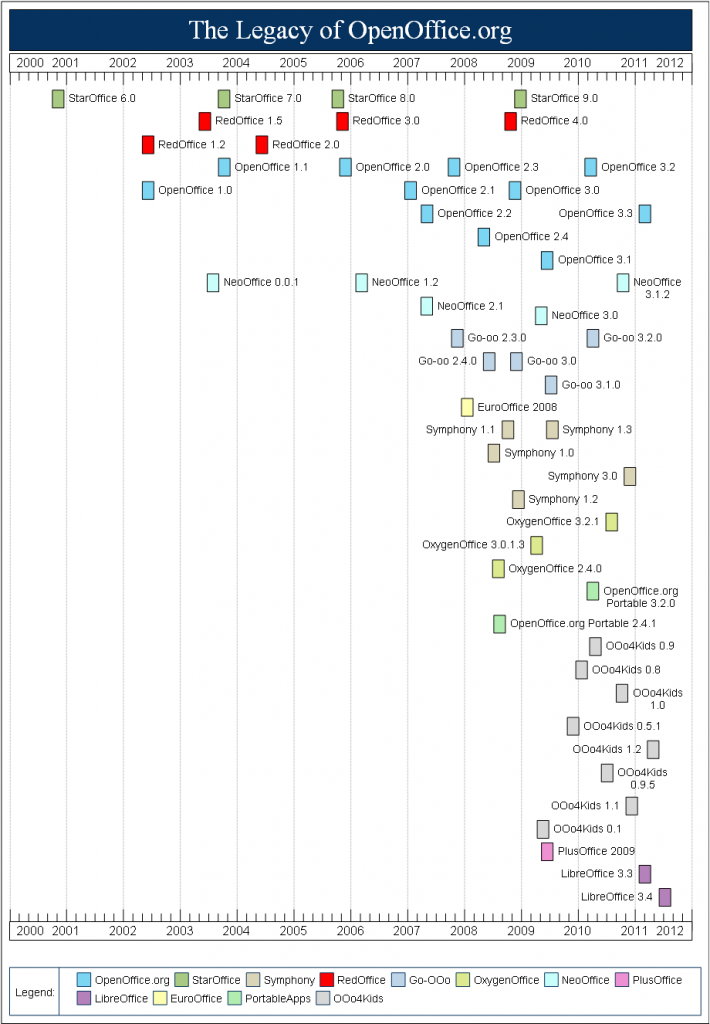The Apache ODF Toolkit 0.5 (incubating) release is now available for download. Detailed change notes are also posted. The ODF Toolkit is a Java library for reading, writing and creating ODF documents. It is entirely in Java and does not require that you install a desktop editor like OpenOffice. It operates directly on the file format and is suitable for server-side use, for tasks such as document automation, report generation, information extractions, etc.
As mentioned in a previous post, the Java components from the ODF Toolkit Union have moved over to Apache. Since this open source project was already using the Apache 2.0 license, the work required to achieve our first Apache release was relatively straightforward. The major task was to take the various components of the Toolkit, which were treated as independent projects at the ODF Toolkit Union, and get them to work better together as a single Toolkit, e.g., build together using the same version of the JDK, package them together into a consolidated release bundle. Not rocket science, but it did require some iteration.
We’re starting now to put together a plan for the next release and future releases. Some of the items under consideration include:
- Adding document encryption/decryption support
- Adding digital signature support
- Update to final published ODF 1.2 schema
- Update the demo applications
- Concurrency testing
- Adding support for ODF 1.2’s RDFa/RDF XML semantic metadata feature
- Implement ODF 1.2’s OpenFormula spreadsheet formula language
- Add high-performance event-driven streaming API, for subset of tasks that can be done efficiently that way
- More cookbook examples
- More testing and bug fixing
If you are interested in learning more about the ODF Toolkit, you should visit our website. If you have further questions, we have a users list and a development list that you are welcome to join.
If you know some Java and are interested in ODF, I’d encourage you to take a look at this project and consider participating. We are a small, international, welcoming group working on this project, with a strong focus on quality. Come, take a look.




